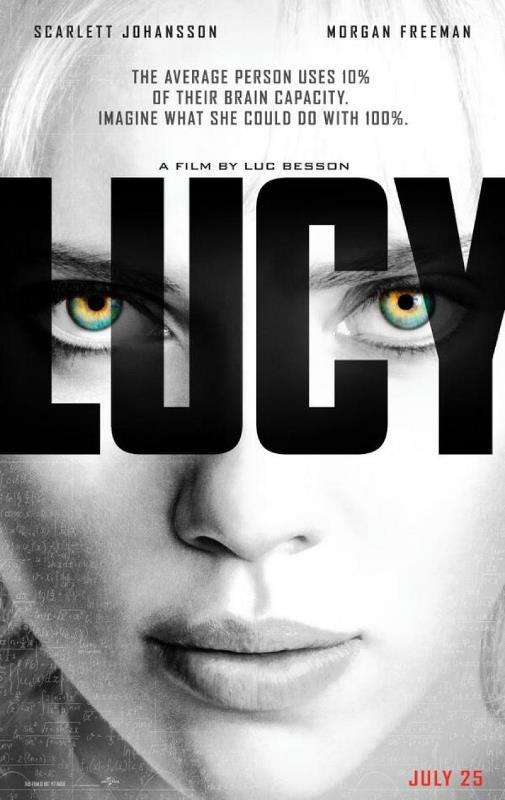The summer box office sucked



The summer box office, which was trending downward all season, officially blew chunks. Receipts were down 22.2% from last year, making this the worst summer movie season since 2005 (all numbers are for domestic box office, which is the case throughout, unless denoted otherwise). Accounting for inflation, this is the worst summer since 1992. So what happened?
Well, there weren’t many good movies. The Amazing Spider-Man 2 and Trans4mers: LOUD NOISES were the poorest-performing entries in their respective franchises. Strong openers like Godzilla and Dawn of the Planet of the Apes didn’t have much in the way of legs and died pretty quickly. And people didn’t buy into mid-range fare like Jersey Boys, Into the Storm, and Blended, either. It’s easier said than done, but really, better movies need to be made. Perhaps listen to what audiences said and give them more of what they want?
Because the female-driven films did GREAT. Maleficent earned $238 million, making it the #3 movie of the summer, and putting it on level with Trans4mers: Eyesore. Scarlett Johansson’s Lucy, with a modest $40 million budget and a virtually non-existent ad campaign, made $118 million. The low budget The Fault in Our Stars is one of summer’s biggest success stories, earning $124.6 million. And Melissa McCarthy’s Tammy, despite poor reviews, made $83.7 million. Except for Stars, none of these movies were especially well reviewed, which suggests that audiences are willing to see female-lead properties, regardless of actual quality. The audience is hungry—feed it.
Also tighten your belts. The Amazing Spider-Man 2 made $708 million worldwide, compared to Captain America: The Winter Soldier’s $714 million. Spider-Man is a disappointment—which is putting it mildly—and Cap is a huge hit. But only $6 million separates them, so what’s the difference? Bloated spending. Sony spent $190 million to sell Spider-Man, and around $250 million to make it. All told, Marvel spent about $270 million on Cap 2—they made AND marketed their movie for what Sony spent just producing Spider-Man.
But it’s not all bad news. There were a number of sleeper hits this summer, including comedies Neighbors and 22 Jump Street and The Purge: Anarchy, which racked up $71 million against a $9 million budget (go, Frank Grillo, go!). And then there’s the late, headline-grabbing success of Guardians of the Galaxy, earning $281 million in FIVE WEEKS (Cap 2 earned $20 million less over twenty weeks). When the movie is good, people show up.
I’m not sure it’s a case of “event” movies driving box office, either. Yes, big stuff like Guardians and X-Men: Days of Future Past do big business, but this summer can be defined by the success of more moderate films, like The Fault in Our Stars, Lucy, Neighbors, Tammy and 22 Jump Street, and The Purge: Anarchy. The tent poles disappointed, as a group, but the mid-range and low budget films did quite well. And this summer didn’t have a bomb like last year’s Lone Ranger and After Earth debacles.
People LIKE going to the movies and I don’t see that changing any time soon. They’re just not blindly following marketing and audiences are savvy enough to spot turds like Trans4mers: Epileptic Fit from a mile away. It was a disappointing summer, though, and the takeaway should be to stop spending $200 million on marketing, and also to start diversifying more in film. Diversity: It’s just good business.



